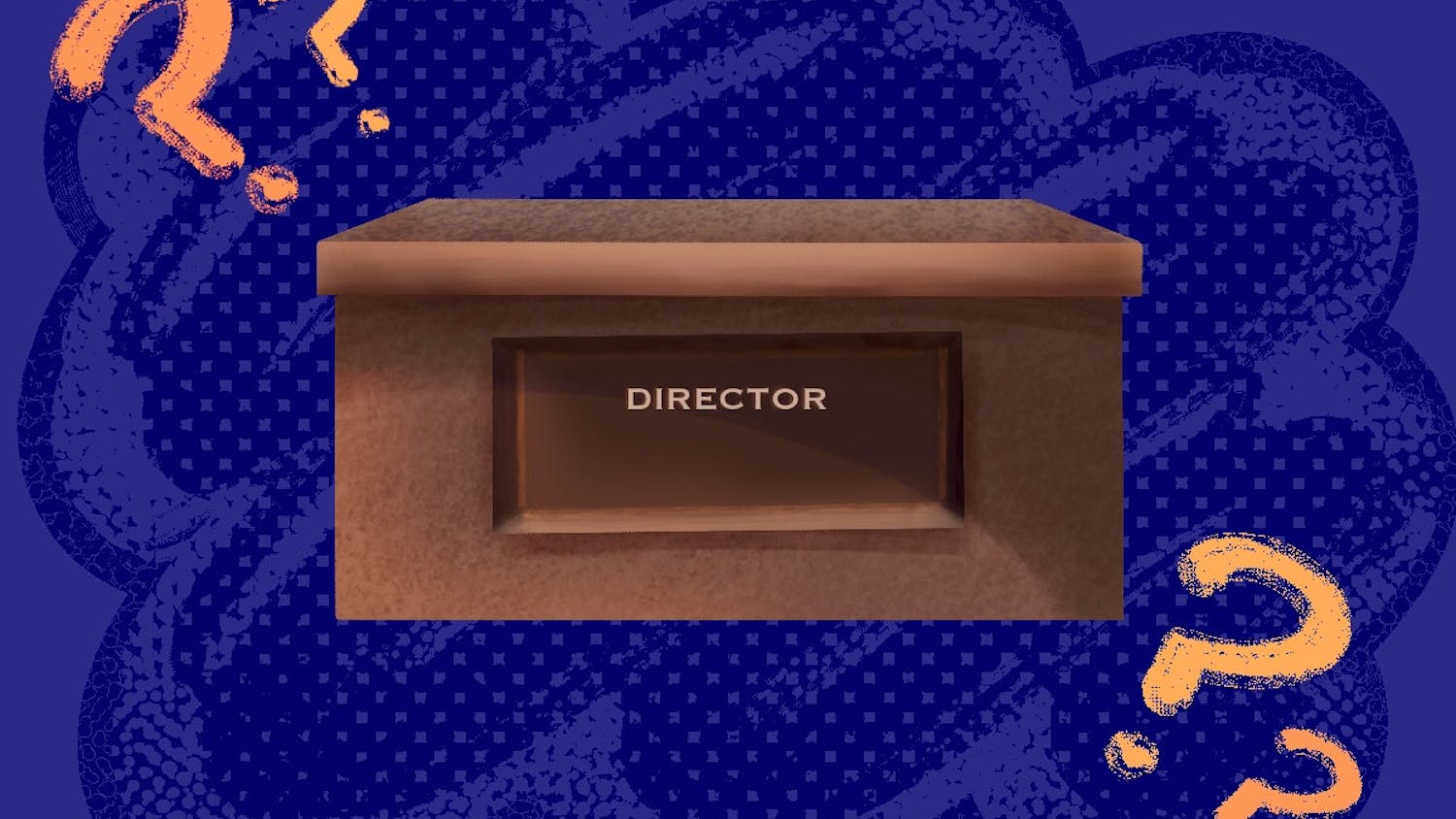On Wednesday, I gave two different presentations in two different classes on the same topic: citizen journalism. Despite wanting to give myself a root canal the night before — trying to wrap up the work for both classes and having only slept for about three hours — I realized I was delving into an extraordinary subject. If you’ve never heard of the term citizen journalism, don’t worry; I hadn’t either.
Citizen journalism is any form of journalism in which average citizens take it upon themselves to actively investigate, report, and disseminate information and news. This kind of reportage takes many forms — anything from blogging about a political rally to recording police brutality on a mobile phone.
Unlike traditional mainstream journalism, citizen journalism is characterized by a lack of professional training and editorial standards. It’s often freely accessible and interactive. It aims to break the stranglehold gatekeepers may possess in professional publications or outlets and it gives a voice to those who may not otherwise have one.
This phenomenon, which is also referred to as participatory, public, democratic or street journalism, has played a major role in several events. The genesis of the concept is often traced back to the infamous “Zapruder film,” the home movie of the assassination of President John F. Kennedy, filmed by local business owner Abraham Zapruder on an 8-mm Bell & Howell camera.
The Zapruder film was a crucial piece of evidence used during all investigations of the assassination, and to this day, it remains one of the most studied films in history. Nevertheless, citizen journalism has only recently begun to gain momentum as a legitimate field as the advent of new media has provided public citizens with multiple new technologies that can be used to document events. Perhaps the key tool used today in the practice of citizen journalism is the cellphone. Cellphones, for instance, have played a very major role in Africa, where they remain the predominant technology in a region still struggling to expand access to computers and the Internet.
In late 2007, Kenya suffered a major crisis after that year’s general election, during which several violent incidents took place throughout the country. This led to Kenyan citizens documenting these incidents via text messaging, which, in turn, led to a very effective online mapping tool that “mashed up” the incident locations and allowed the public to see where violence was taking place.
This movement is referred to as Ushahidi, whose model has been used in several platforms throughout Africa to this day.
Cellphones also facilitated citizen journalism during the 2009 to 2010 Iranian election protests and during the Arab Spring. Mobile technologies allowed protesters to not only document the protests themselves and state violence that followed, but it was mobile technologies that allowed citizens to organize themselves to begin with, mostly through text messaging and through social media platforms such as Facebook.
This trend also applied to Occupy Wall Street, when the Adbusters Media Foundation first proposed the idea for the movement through email. Once the idea spread online virally, Adbusters designed a simple but striking poster to promote the event, and as they say, the rest is history.
These monumental events are only a few of the most notable examples of how citizen journalism has proven an effective way to challenge the status quo of our media, in which major corporations own our most trusted news sources and, as a result, control the conversation.
You, however, don’t have to accept this status quo. If and when you can, use the technology at your disposal to make a difference.
Websites such as GlobalVoices, AllVoices, Littera Report and Examiner.com all allow average citizens to post reports on anything of note.
Make your voice heard.
Moisés Reyes is a journalism grad student. His column appears on Fridays. You can contact him via opinions@alligator.org.





